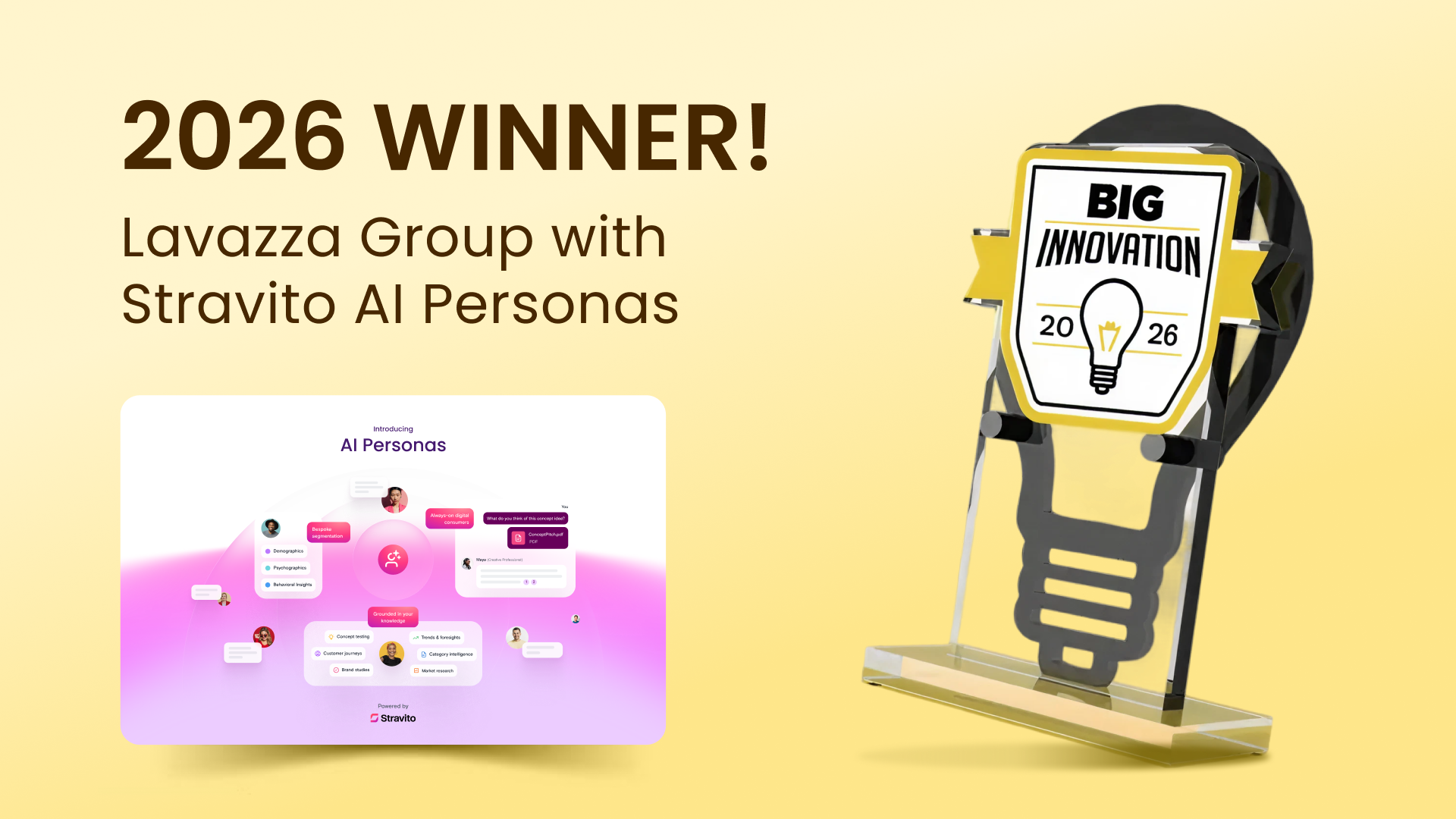While there are always new and evolving challenges to counter in our everyday work, there is one that causes a large amount of trouble in particular: information overload.
It’s estimated that each day 2.5 quintillion bytes of data are produced, 300 billion emails are sent, and 5 billion searches are made. In the U.S. economy alone, analysis has suggested that information overload costs over $900 billion in lost productivity and innovation.
Of course, when numbers get this large, they start to lose their meaning. Beyond the overwhelming numbers, we all know what information overload feels like. Seemingly endless emails to check, articles to read, podcasts to listen to, and webinars to attend. It’s that annoying feeling of distraction that keeps us from focusing on deep work and complicated tasks.
In fact, researchers have found that the abundance of information available to us is actually shortening our collective attention span.
While information overload is a problem in all aspects of our lives today, it is especially problematic for consumer-facing businesses. Why? Well, because in an ever more competitive environment, consumer knowledge and insights are essential to getting an edge over the competition.
The increasing focus on consumer centricity
Consumer centricity is :
making business decisions centered around the needs and wants of all consumers (both users and choosers) who could potentially purchase your product (for the first time or as a repeat purchase).
And it’s a vital element of the success and survival of today’s consumer-facing businesses.
Consumer centricity fosters successful innovations, which in turn lead to more substantial and sustained growth. For example, a study conducted by Watermark Consulting found that companies who concentrated their focus on customer experience benefitted from 183.3% cumulative total ROI over an 11 year period. Companies who failed to do so, experienced only 63.1% ROI over that same period, well below the S&P 500 Index average of 138.7%.
The report further explains that these discrepancies can be attributed to 2 key influencing factors: revenue growth and expense control. This is because consumer-centric companies are likely to be better at gaining and maintaining customers, while also avoiding unnecessary or unexpected expenses - thanks to happier customers and lower acquisition costs.
Beating the innovation odds
Of course, coming up with ideas for products and campaigns that are centered around the needs and wants of your consumers is a lot easier said than done. In fact, most innovations fail. One study found that percentage to be as high as 76%. So what can you do to beat those odds?
Successful innovations solve for your consumers jobs-to-be-done and also appeal to their underlying motivations. But in order to be able to do these things, you need to have a rich, intuitive understanding of your consumers. And this can only really be accomplished by knowing everything there could be to know about them, a challenge in and of itself.
As we already know, people are complicated and dynamic (some more so than others). One study will never be able to answer all your questions, and even when it does answer some questions, those answers are going to change over time. Which means that you need to consume and comprehend a high volume of research, while also constantly maintaining awareness of what you do and don’t know.
The consequences of information overload
But when you’re overloaded with information (or simply bogged down with looking for and sharing information with others), it can be challenging to focus long enough to develop that deep understanding.
For example, research has shown that increased cognitive load can increase central tendency bias, affect judgments, limit the ability to process information, impact strategic behavior, and prompt stereotyping, among other things. This means that excessive cognitive load can negatively affect the quality of your business decisions, even if you have the intention to make decisions based on data.
This can lead to a variety of consequences: you might commission duplicate or inadequate research, wasting precious budget. Or create products and campaigns that don’t solve for a real consumer need, increasing your chances of innovation failure.
Creating an action plan
Working in a consumer-centric manner takes effort. That’s why, it’s particularly important to work effectively. Below, we’ll go over a few areas to consider.
First, as we just discussed, information overload is your enemy. In order to make decisions based on the needs and wants of your consumers, you need to be actively working to combat cognitive bias in your decision-making. By ensuring that you can quickly access and digest consumer knowledge and insights, you create less uncertainty, reducing the likelihood that you will project your own thoughts and feelings onto your consumers.
Second, you need to reconsider the role your Consumer Insights team plays in your organization; it’s common for their contributions to be undervalued. In fact, one study found that up to 80% of companies fail to view the Consumer Insights function as a strategic business partner or a source of competitive advantage.
Lastly, you need to make the mission of knowing your consumers the responsibility of the entire organization. It’s particularly important for all the teams involved in designing products and campaigns. Because practicing consumer centricity effectively requires the application of consumer insight into all areas like R&D, marketing, product, and packaging.
Knowledge management as a key to consumer centricity
And this is where the right knowledge management method comes in. By reducing the time that your Consumer Insights team is spending on low-value, admin tasks, you ensure that they have more time to dedicate towards high-value, analytical tasks, contributing to the organization as a strategic business partner.
Even better, the right knowledge management method has the potential to reduce time spent on low-value tasks (like searching for information) for everyone in the organization, not just Consumer Insights.
Instead of wasting their time looking for information or asking someone else where to find it, teams can spend that time incorporating consumer insights into their respective areas of expertise. The right knowledge management method makes it easier for everyone to access information because they know where to look.
In this blog
Author





